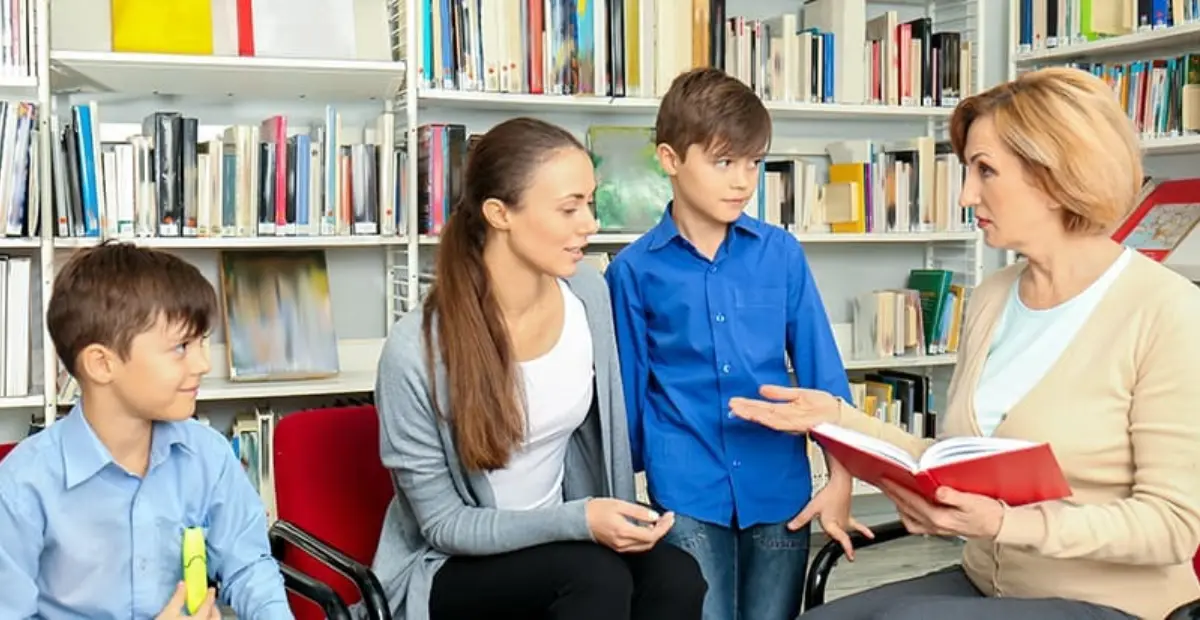When children first begin to explore reading, it is not a solitary activity. Parents spend time with their children teaching them to read.
The lessons can be as straightforward as sitting down and reading with your children or as subtle as getting them to read recipes or books about characters in other media. It can even be modeling the behavior, like reading after dinner or while on vacation.
Children absorb the actions of the people that are close to them. The more activities a parent or other family member can model for them, the better off they are when they begin school.
The involvement of parents in education is critical and often underestimated. The more involved parents are in the education of their children, the better their outcomes as students. When parents get involved, it lowers the barriers to where learning happens. Children start to see that discovering new information is an activity that can occur anywhere, from watching a teacher at a chalkboard to a parent reading with them at the kitchen table.
Lowering barriers is not only something to do for children. Encouraging parental interaction is essential. Many parents, especially ones from low-income families, do not have the best memories of their time at school. That makes them very reluctant to engage with teachers, even if it is in the best interest of their children. Teachers will always be intimidating to some parents, so building relationships with them are crucial.
Even parents that enjoyed their time at school may be hesitant to approach teachers. They want to make a good impression on their children’s teachers as well. Making sure they know the goals of any meetings or interactions allows them to prepare, putting them at greater ease.
Interactions between parents and teachers, like open houses or parent-teacher meetings, are occasional opportunities to exchange information. Offering a weekly email, Facebook page, or website where parents can see what their children are doing provides a much more constant stream of feedback. This open communications channel keeps parents informed about what their children do in school. This channel becomes an open invitation to interact. Information about classroom events, whether positive ones or warnings, school activities, and homework students bring home becomes part of the communication. Sharing events happening with the family, providing the teacher with the ability to prepare for possible behavioral issues or acting out.
Research consistently shows that two of the greatest indicators of student success involves the socioeconomic status of the parents and parental involvement with their education. Parents who offer support at home for students give them a better chance to succeed later in life. Teachers support this effort by helping parents understand what they can do at home to reinforce their lessons. Anything from showing how the lessons apply to the real world to go over the assigned homework. Involving the parents in education creates another layer that brings students that much closer to becoming lifelong learners.




